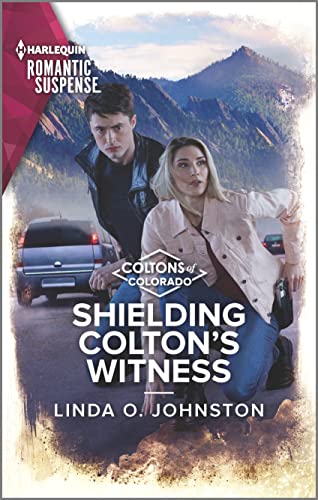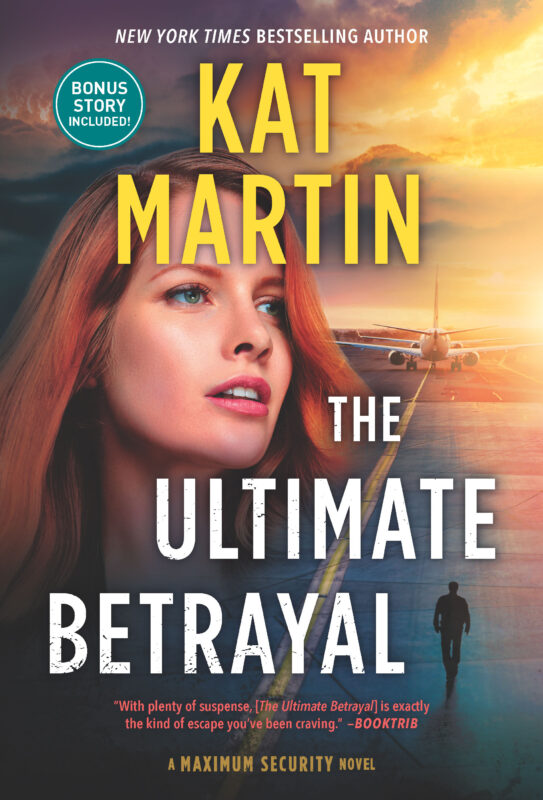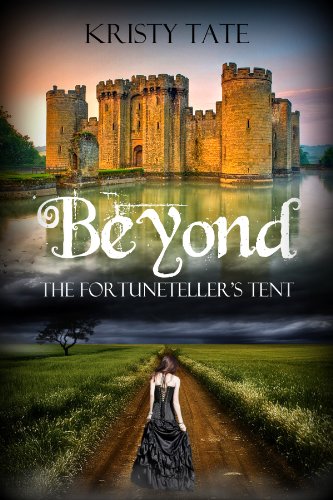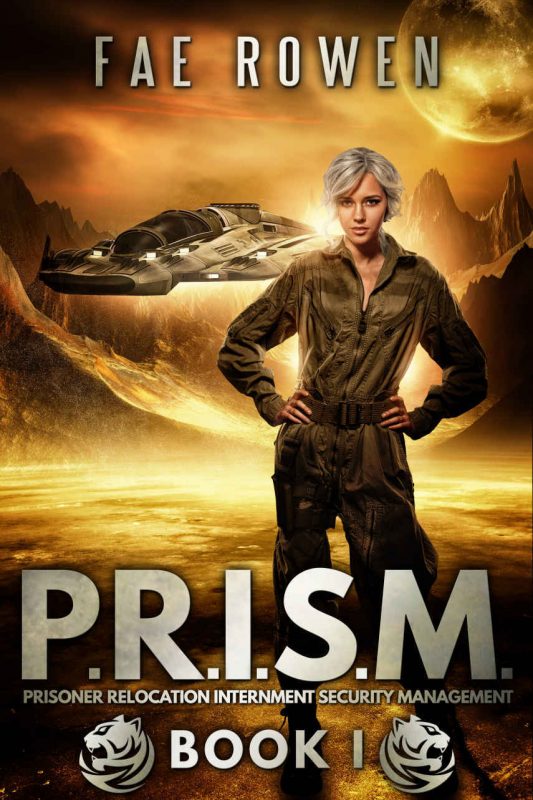
What’s the difference and why do we need them anyway?
by
Will Zeilinger
Janet and I co-write the Skylar Drake Mystery series and
we’ve had people say to us, “I guess you proofread each other’s work.”
Both of us are intimately involved in the writing and initial
editing, as such, we can get too close to it and sometimes miss big issues.
That’s why we would never submit something for publication without the help of
critique groups and/or beta readers to assist us.
What exactly, are we talking about? Maybe this will help.

Beta Readers are individuals who evaluate your manuscript by
reading it through and telling you about flaws or holes in your story. Beta has come to mean a sort of testing phase
and that is what a beta reader does. You have them read your work as a way of
testing it for readability, and overall structure.
A Critique Group is made up of several people
(usually writers, but sometimes includes readers) who meet together. You as an
author, provide a short story or maybe a chapter from a novel for the group to
read and critique.
Let me stop here—The very word ‘critique’ is based on the
word criticism, and in our culture that word has taken on a negative
connotation, since to criticize someone’s writing usually means to tear it
apart. However, the dictionary definition of the word ‘critic’ indicates it is “someone who passes judgement on something,
usually in reference to art and literature.”
That is a neutral
statement…judgement can be either positive or negative, or a combination of
both. So, it’s not, necessarily a bad thing.
This may all sound scary, especially to a beginning author.
They’re taking your baby away from you and who knows what they will return in
its place? Will your prose become
something unrecognizable? After all the hours, days, and nights of sweat and
deprivation…will they drop a piece of crap in your lap?

Here’s the truth: Having another set of eyes and an impartial
opinion of your work-in-progress is an essential step if you are planning to
self-publish, but it can also help you in the quest to secure an agent or
publisher if your plan is to go the traditional route with your work.
“But it’s gonna hurt!” you say. Don’t look at it that was.
This is where you have the power to accept or reject any suggestions or
critiques of your work.
As a career graphic designer, I remember vividly, the first
critiques in my college classes. We all posted our concepts on the wall of the
classroom. The professor would walk back and forth, making “hmmph” and “umm”
noises before turning and asking the rest of us in class what we thought of
each piece. There were, of course, a variety of reactions to them.
As students, we’d take each into consideration. I didn’t
always accept their suggestions, but I needed to hear and see it because I’d
been too close to my work to be objective.
One of the things my professor said that I’ve carried over
into my writing was when he would hold his hand over a portion of the drawing
and ask, “Does this still work without this part?”
I found that eliminating nonessential pieces has helped
streamline my work and make it read easier.
I needed to learn to accept constructive, positive critiques
in either my designs or my writing, and discount those that were not pertinent
or objective.
Letting others check your work-in-progress is a great way to
improve your writing and make friends too.
Your choice: Beta Readers or Critique groups or both. Find the right one
for you.
- Author Details
- Recent Posts
- Books
-
December 3, 2023
I thought it would be fun to look back at the popular toys given for the holidays during the 1960s. This research brought back a flood of memories as both receiving them for gifts and buying them for the younger ones in my family. Hope you enjoy this walk down memory lane, also.
-
November 3, 2023
In the 1950s, Spade Cooley was a beloved national treasure and one of the greatest stars of Western swing. But he soon became famous for something very different when he suspected his wife of having an affair and beat her to death.
-
October 3, 2023What’s the difference and why do we need them anyway? by Will Zeilinger Janet and I co-write the Skylar Drake Mystery series and we’ve had people say to us, “I guess you proofread each other’s work.” Both of us are intimately involved in the writing and initial editing, as such, we can get too close […]
-
August 3, 2023
The genre of novels that seems to endure are the spy thrillers and stories of behind-the-scenes government scandals. Here are some very interesting and I’d even say, “watershed” novels about the cold war that have colored our vision of the past and the future. After researching some, I’ve made a list of just a few of the more influential titles and included a short synopsis of each:
-
July 28, 2023
Partners in Crime, Janet Elizabeth Lynn and Will Zeilinger write the Skylar Drake Mysteries, hard-boiled detective stories set in the 1950s.

Related
Affiliate Links
A Slice of Orange is an affiliate with some of the booksellers listed on this website, including Barnes & Nobel, Books A Million, iBooks, Kobo, and Smashwords. This means A Slice of Orange may earn a small advertising fee from sales made through the links used on this website. There are reminders of these affiliate links on the pages for individual books.
Search A Slice of Orange
Find a Column
Archives
Featured Books
SHIELDING COLTON’S WITNESS
She has a witness to protect… And her own heart to defend!
More info →Harlequin Special Edition March 2021 Box Set 2 of 2
Three books in one . . .
More info →THE ULTIMATE BETRAYAL
To prove her father’s innocence, she’ll have to turn a killer's sights on herself.
More info →BEYOND THE FORTUNETELLER’S TENT
When Petra Baron goes into the fortuneteller’s tent at a Renaissance fair, she expects to leave with a date to the prom.
More info →P. R. I. S. M.
Can O'Neill and Jericho work together to unravel lies on both planets and still obtain the respect Jericho craves and the independence O'Neill needs?
More info →Newsletter
Contributing Authors
Search A Slice of Orange
Find a Column
Archives
Authors in the Bookstore
- A. E. Decker
- A. J. Scudiere
- A.J. Sidransky
- A.M. Roark
- Abby Collette
- Alanna Lucus
- Albert Marrin
- Alice Duncan
- Alina K. Field
- Alison Green Myers
- Andi Lawrencovna
- Andrew C Raiford
- Angela Pryce
- Aviva Vaughn
- Barbara Ankrum
- Bethlehem Writers Group, LLC
- Carol L. Wright
- Celeste Barclay
- Christina Alexandra
- Christopher D. Ochs
- Claire Davon
- Claire Naden
- Courtnee Turner Hoyle
- Courtney Annicchiarico
- D. Lieber
- Daniel V. Meier Jr.
- Debra Dixon
- Debra H. Goldstein
- Debra Holland
- Dee Ann Palmer
- Denise M. Colby
- Diane Benefiel
- Diane Sismour
- Dianna Sinovic
- DT Krippene
- E.B. Dawson
- Emilie Dallaire
- Emily Brightwell
- Emily PW Murphy
- Fae Rowen
- Faith L. Justice
- Frances Amati
- Geralyn Corcillo
- Glynnis Campbell
- Greg Jolley
- H. O. Charles
- Jaclyn Roché
- Jacqueline Diamond
- Janet Lynn and Will Zeilinger
- Jaya Mehta
- Jeannine Atkins
- Jeff Baird
- Jenna Barwin
- Jenne Kern
- Jennifer D. Bokal
- Jennifer Lyon
- Jerome W. McFadden
- Jill Piscitello
- Jina Bacarr
- Jo A. Hiestand
- Jodi Bogert
- Jolina Petersheim
- Jonathan Maberry
- Joy Allyson
- Judy Duarte
- Justin Murphy
- Justine Davis
- Kat Martin
- Kidd Wadsworth
- Kitty Bucholtz
- Kristy Tate
- Larry Deibert
- Larry Hamilton
- Laura Drake
- Laurie Stevens
- Leslie Knowles
- Li-Ying Lundquist
- Linda Carroll-Bradd
- Linda Lappin
- Linda McLaughlin
- Linda O. Johnston
- Lisa Preston
- Lolo Paige
- Loran Holt
- Lynette M. Burrows
- Lyssa Kay Adams
- Madeline Ash
- Margarita Engle
- Marguerite Quantaine
- Marianne H. Donley
- Mary Castillo
- Maureen Klovers
- Megan Haskell
- Melanie Waterbury
- Melisa Rivero
- Melissa Chambers
- Melodie Winawer
- Meriam Wilhelm
- Mikel J. Wilson
- Mindy Neff
- Monica McCabe
- Nancy Brashear
- Neetu Malik
- Nikki Prince
- Once Upon Anthologies
- Paula Gail Benson
- Penny Reid
- Peter J Barbour
- Priscilla Oliveras
- R. H. Kohno
- Rachel Hailey
- Ralph Hieb
- Ramcy Diek
- Ransom Stephens
- Rebecca Forster
- Renae Wrich
- Roxy Matthews
- Ryder Hunte Clancy
- Sally Paradysz
- Sheila Colón-Bagley
- Simone de Muñoz
- Sophie Barnes
- Susan Kaye Quinn
- Susan Lynn Meyer
- Susan Squires
- T. D. Fox
- Tara C. Allred
- Tara Lain
- Tari Lynn Jewett
- Terri Osburn
- Tracy Reed
- Vera Jane Cook
- Vicki Crum
- Writing Something Romantic
Affiliate Links
A Slice of Orange is an affiliate with some of the booksellers listed on this website, including Barnes & Nobel, Books A Million, iBooks, Kobo, and Smashwords. This means A Slice of Orange may earn a small advertising fee from sales made through the links used on this website. There are reminders of these affiliate links on the pages for individual books.




























































Great advice! Thank you.